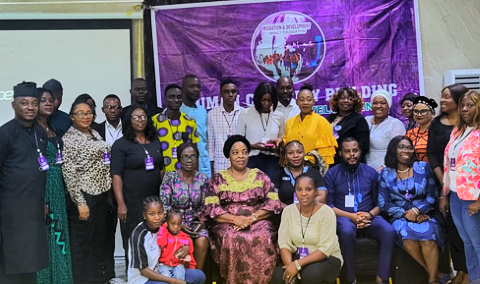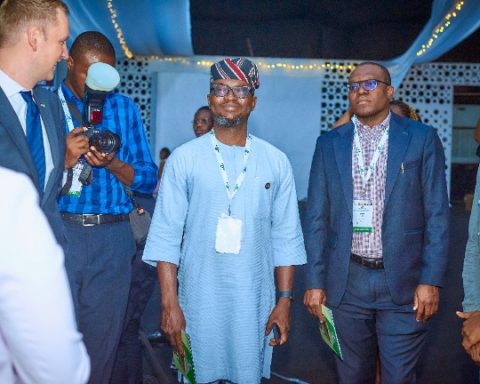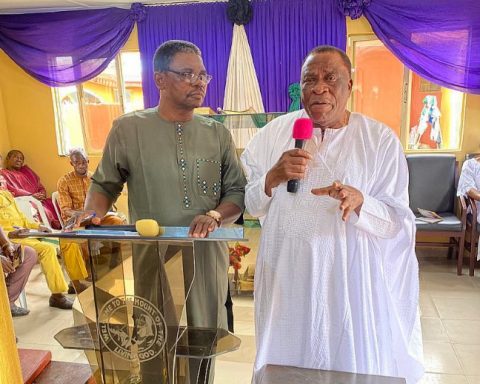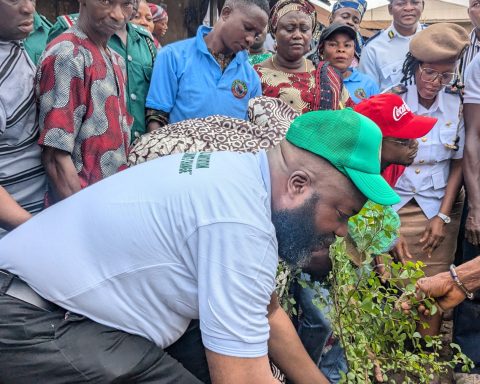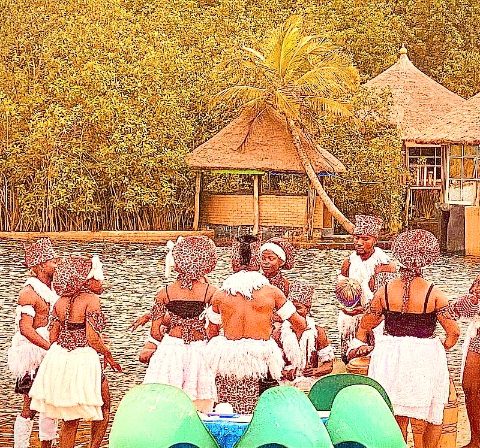
In 2018 a report published by The Harvard Centre for International Development revealed that approximately 10.4% of the world’s GDP and 7% of the world’s total exports come from tourism. It also mentioned that from its investigations, the global tourism industry is worth over US$ 1.1 trillion.
The money earned from expenditures by foreign tourists are crucial drivers of economic development and can be an important source of foreign exchange. Moreover, growing tourism can help create employment opportunities for marginalized populations.
According to Otunba Akinboboye, tourism income is not limited to restaurant and hotel bills. Rather it includes all types of expenditure made by tourists and ranges from transportation to medical care to clothing and the purchase of momentos . However, unlike trade in goods, which is recorded by customs offices at the border, national statistics often only provide a poor account of tourism income.
Otunba Akinboboye said the ability to generate income from tourism cut across all cadres in society as the goods and services tourists utilize do not emanate solely from mega industries or corporate entities. Rather, various services are provided by a wide range of entities and individuals who have some form of interaction with tourists.
Otunba Akinboboye asked whether I had noticed how people often kept items to remind them of a person, place or event. When these items are gathered during the course of a journey to a place other than a person’s usual residence, they could be viewed as tourism souvenirs.
Otunba Akinboboye pointed out that souvenirs play an important role in tourism, as they provide an opportunity for tourists to appreciate and participate in different cultures. By purchasing souvenirs, tourists can learn about the history and traditions of their destination, as well as support local artisans and their crafts.
Souvenirs can also bring back memories of not only the tourism experience itself but also the emotions that were felt at the time.
These souvenirs also give tourists an opportunity to obtain gifts for their friends that will let such friends know that, despite the physical distance at the time of purchase, the tourist was thinking of them.
Otunba Akinboboye then noted that for tourism souvenirs to be meaningful they should depict the culture of the tourism destination in which they are found. Obviously, the more unique the item, the more attractive it will be as a tourism souvenir.
Otunba Akinboboye said he is of the view that Nigeria, with its cultural diversity and rich traditional heritage, is in a position to create and market tourism souvenirs that are unique to the country and which would be appealing to tourists.
Nigerians should also be prepared to produce items that are tailored to the requirements of tourists, so they can be conveniently purchased and transported by such tourists. A need to scale down the size of certain items, so they can be easily transported.
Otunba Akinboboye spoke about certain items that are synonymous with Nigeria and which, in his opinion, would make great tourism souvenirs.
He spoke of ‘thorn carvings’, which he emphasized are unique to Nigeria. These miniature statutes carved from thornwood generally depict scenes and activities common to village life.
Thorn carvings are first created in the early 1930s by Justus Akeredolu, an Owo-born chief. Between 1933 and 1938, he taught students the art of thorn carving at the Owo Government School. In 1949, Akeredolu began detailed painting of the carvings, but his elaboration has not survived. The art of thorn carving has since been imitated by many. Initially, thorn carvings were made for use as stamps, but they have evolved into carvings depicting village life, which are very popular tourist souvenirs.
Due to the fragility of these carvings, there is a need for vendors selling these items to invest in fragile packaging methods that involve the use of packaging materials like bubble wrap.
Otunba Akinboboye also spoke of raffia goods made in Nigeria. He noted that the raffia palm tree (Raphia hookeri) is commonly found in West Africa and is abundant in the southern parts of Nigeria, in particular the south-eastern parts. As a matter of fact, Ikot Ekpene in Akwa Ibom State is known as raffia city. This natural material does not shrink when wet but is pliable enough to weave and use to make a wide variety hats mats baskets and bags.
Otunba Akinboboye then spoke about the glass beads with their distinctive white pattern made by the Nupe in Bida, Niger State, using traditional methods and recycled glass. He then noted that traditional glassware was also produced at Ile – Ife Osun State where it was traditionally linked to the Yoruba godess Olokun, who was said to be the first wife of Oduduwa.
Otunba Akinboboye noted that the fact glassware constituted a popular tourism souvenier was evident from the popularity of the glassworks in Murano Italy. Murano was an island located in the Venetian lagoon close to the city of Venice, Italy. This island was the site of traditional glassworks that actively produce exquisite glassware prized by international tourists. In this regard 1.5 million tourists visited Murano in 2023 , most of whom purchased at least one item of glassware.
Nigeria also has musical items such as talking drums and shekere, scaled down versions of which could be produced and sold to tourists.
Otunba Akinboboye emphasized that he had only touched on a few items that could be tailored into Nigerian tourism souvenirs as many other items exist and include Aso-oke fabric, Okene Cloth, leather goods from the North and so on.
Otunba Akinboboye noted that the great thing about producing local souvenirs was that it would gainfully employ local artisan who were unlikely to be highly educated but who could still earn a decent living from their traditional skills.
He hoped that, as the Nigerian tourism industry grew, and more international tourists visited Nigeria, young Nigerian tourism entrepeneurs would embrace the concept of tourism souvenirs and turn their focus to the issue of creating unique Nigerian tourism souvenirs that would provide jobs to people in rural comminities and allow them to benefit directly from tourism.



